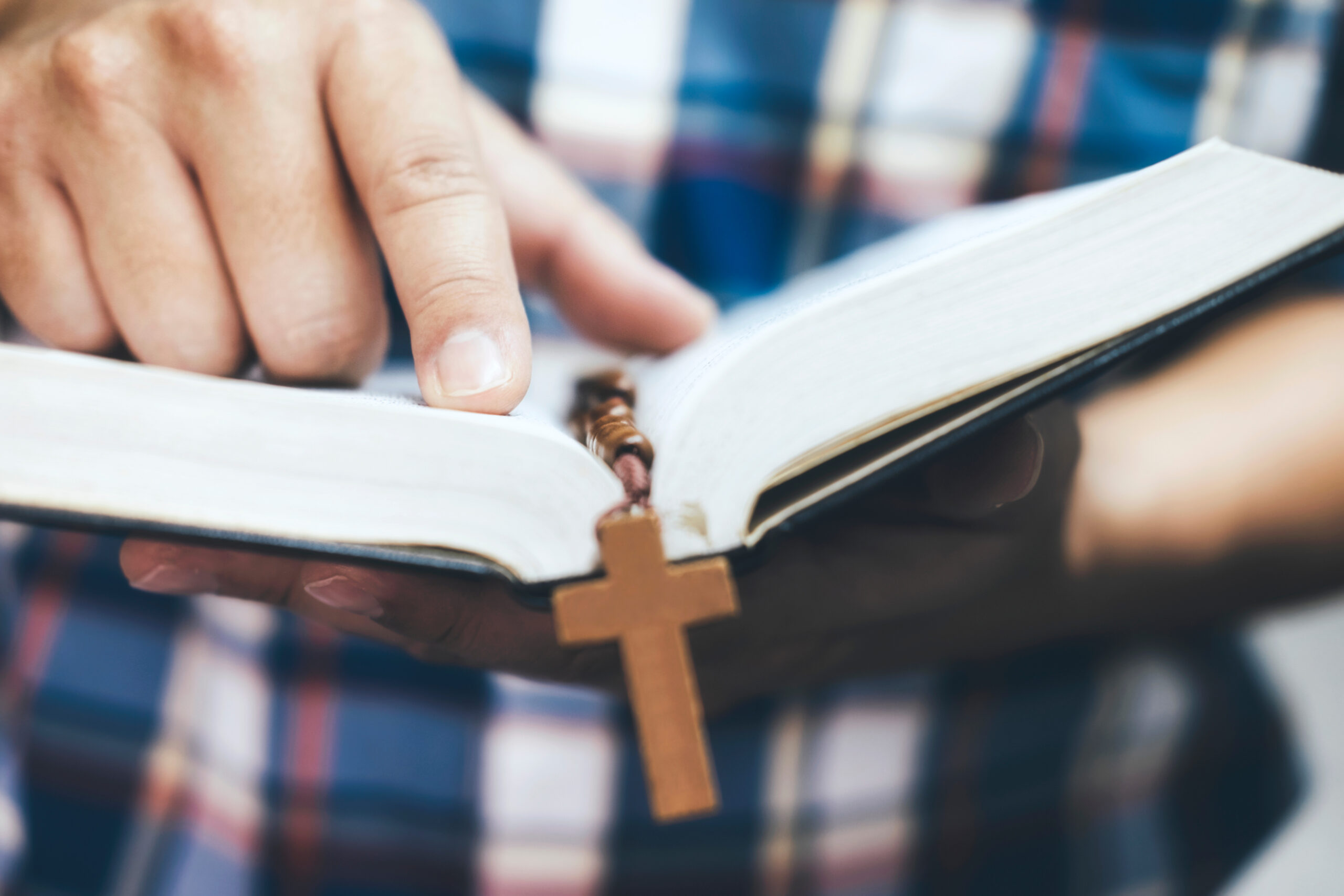Religious College Oversight: Republican Lawmakers Push for Unprecedented Transparency

Proposed legislation aims to strike a delicate balance between religious educational institutions' autonomy and academic accountability. The new bills seek to empower religious schools to maintain their unique educational approach while ensuring the quality and credibility of their academic programs.
Under the proposed framework, religious schools would be granted significant operational independence, allowing them to preserve their distinctive educational philosophies and spiritual foundations. However, the legislation introduces a critical verification process to guarantee that the degrees offered meet rigorous academic standards and are not merely secular credentials.
This nuanced approach recognizes the important role of faith-based education while simultaneously protecting students' academic interests. The bills represent a thoughtful compromise that respects religious institutions' rights while maintaining educational integrity and ensuring that students receive valuable, recognized qualifications.
Educational experts and religious leaders are carefully reviewing the proposed legislation, seeing it as a potential model for balancing institutional autonomy with academic accountability.

